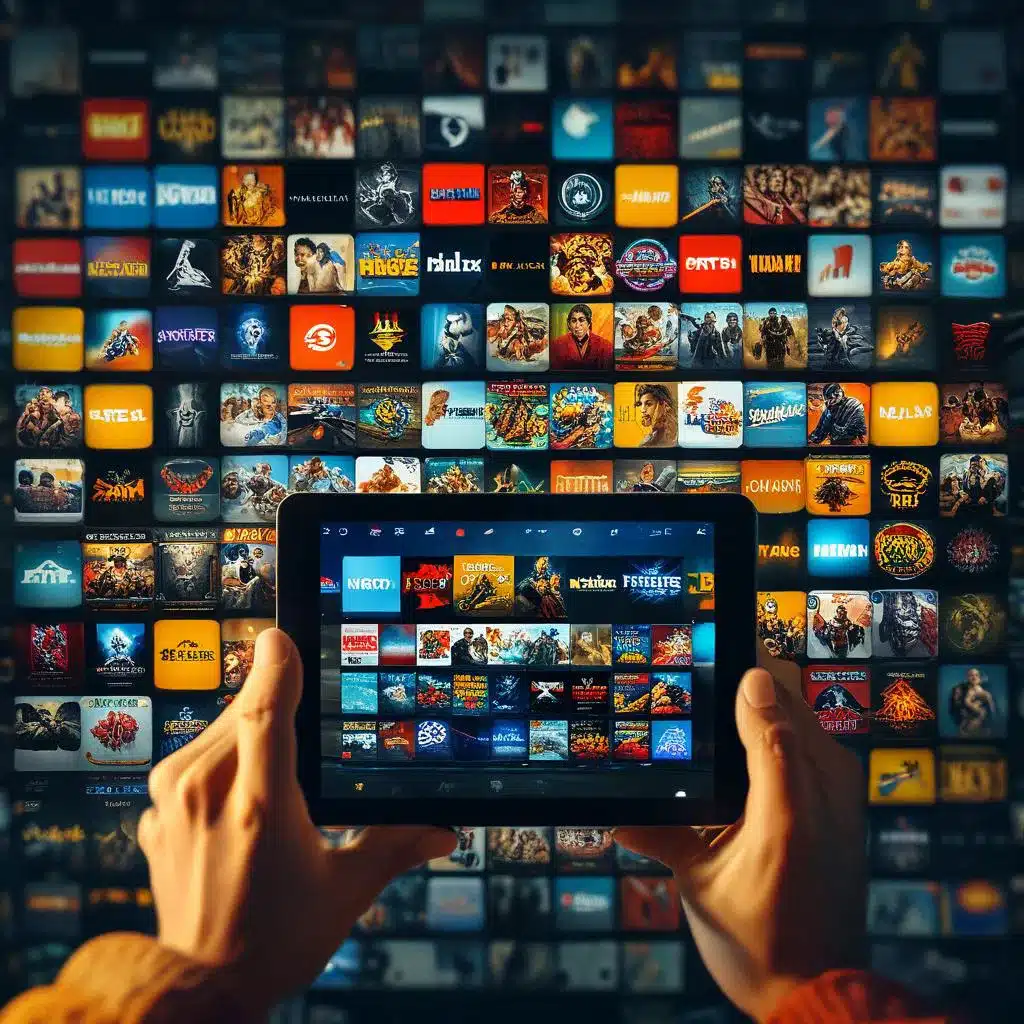Table of Contents
Urban living has always been synonymous with fast-paced lifestyles, diverse cultures, and an ever-evolving entertainment scene. As cities continue to grow and technology advances, the ways we seek enjoyment have transformed dramatically. Today, digital entertainment plays a crucial role in shaping urban experiences, offering a plethora of options from the comfort of one’s home or on the go. From streaming platforms to online gaming, the digital realm is becoming the dominant force in how city dwellers unwind, connect, and explore new forms of recreation.
The Allure of Online Gaming
While streaming platforms cater to passive entertainment, online gaming offers a more interactive experience. The gaming industry has exploded in recent years, and urban populations are some of its most avid participants. From casual mobile games to competitive multiplayer platforms, gaming has become a mainstream form of entertainment that transcends age and demographics.
Among the plethora of online games, casino gaming has carved out a niche for itself. Players can enjoy the thrill of games such as poker, blackjack, and slots from their computers or mobile devices, often with the chance to win real money. One game that has garnered particular attention is Gates of Olympus, a visually stunning and engaging slot game that transports players into the world of ancient mythology. With cascading reels and exciting bonus features, Gates of Olympus offers players an immersive gaming experience while maintaining the convenience of online access. This game has quickly become a favorite among urbanites looking for a mix of entertainment and the excitement of potential rewards.
The Power of Streaming Platforms
One of the most significant shifts in urban entertainment is the rise of streaming services. With platforms like Netflix, Hulu, and Disney+ offering on-demand content, urbanites can easily access their favorite TV shows, movies, and documentaries without the need for cable subscriptions or trips to the cinema. This convenience is appealing, especially for individuals with busy schedules who can binge-watch or catch up on content during their commute or leisure time.
Moreover, the availability of diverse genres and content tailored to various tastes ensures there’s something for everyone. Whether it’s the latest blockbuster or an obscure indie film, streaming platforms have democratized entertainment, making it accessible to all, regardless of geographical location. In cities, where time and space are often limited, this digital shift allows for flexibility and personalization in how people consume media.
The Impact of Social Media and Digital Communities
Social media platforms have further revolutionized how urban populations engage with entertainment. Platforms such as Instagram, TikTok, and YouTube allow users not only to consume content but also to create and share their own, blurring the lines between audience and creator. Urban influencers have risen to fame, showcasing everything from fashion trends to culinary adventures, influencing how others engage with their own city environments.
Digital communities and social interactions have also expanded beyond physical boundaries. People in urban settings can now connect with others worldwide who share similar interests. Whether it’s discussing the latest episode of a show or sharing gaming tips, these virtual spaces provide a new form of socialization that complements traditional in-person interactions.
The Future of Virtual Reality and Augmented Reality
Looking ahead, the next frontier of urban entertainment lies in virtual reality (VR) and augmented reality (AR). As technology becomes more affordable and accessible, cities are poised to become hubs for immersive experiences. VR headsets can transport users into fully-realized digital worlds, offering everything from virtual travel experiences to immersive concerts and theatrical performances. Meanwhile, AR blends the physical and digital, allowing users to overlay virtual elements onto their real-world environments through smartphones or wearable tech.
In urban spaces, where art, culture, and technology often intersect, VR and AR present new opportunities for entertainment and interaction. Imagine attending a virtual music festival from your living room or taking a guided AR tour through your city’s historic landmarks. The possibilities are endless, and as these technologies evolve, they will continue to redefine the boundaries of urban entertainment.
Conclusion
As digital entertainment continues to reshape how urban populations spend their leisure time, cities are becoming more connected, diverse, and innovative in their offerings. From streaming platforms to online gaming, and the rise of VR and AR, modern technology is at the forefront of this evolution. The urban entertainment landscape will undoubtedly continue to evolve, driven by the ever-growing digital world, offering exciting new experiences for city dwellers around the globe.


